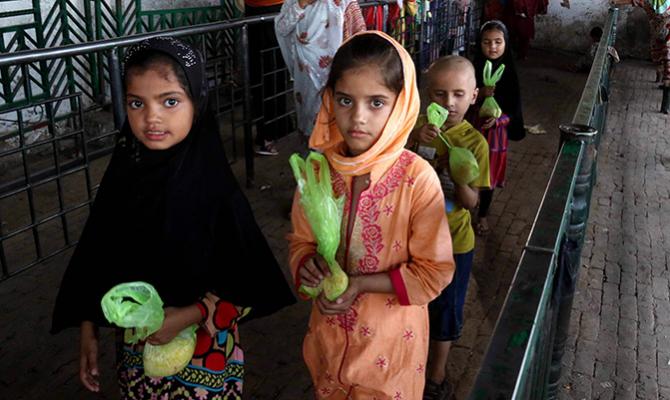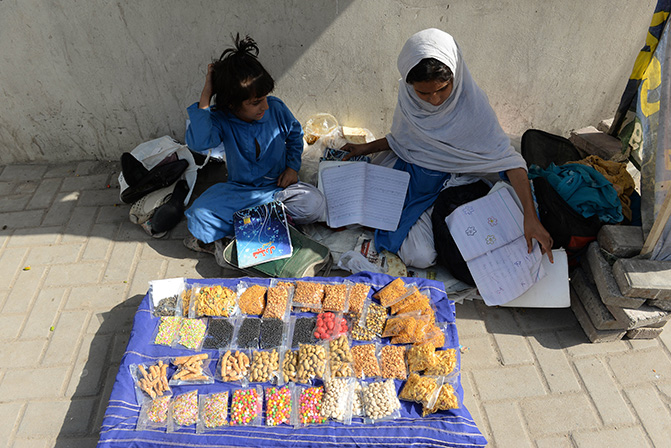
In addition, the removal of tariffs on imports means that subsidized food can flood a local market and displace women’s produce. The North American Free Trade Agreement (Nafta) was associated with two million farmers losing their land, resulting in high levels of internal and external migration. For women, this meant migrating into dangerous special economic zones where labor exploitation and violence against women has been well documented, or across borders to become migrant domestic workers. While foreign investment has led to large areas of arable land being developed for the production of food crops, far from enhancing the food security of local communities, investment in the agricultural sector has frequently been for the purpose of developing export industries that largely benefit large corporations. The expansion of commercial agriculture also leads to the depletion of communal land and resources, which women frequently rely on for the collection of fuel, water and fodder for medicinal purposes.

Further, these large-scale projects are often undertaken without sufficient consultation of women in local communities and without their free, prior and informed consent. Forced evictions and reductions of land and forest cause shifts in labor and migration patterns. Women leave their homes and work as laborers in factories or plantations or as domestic workers with substandard labor conditions. Militarization of land concessions, which allows intimidation and violence by armed security guards (including private security, state police and military), has also threatened the security of women human rights defenders involved in land disputes.
Intellectual property rights for corporations
For generations, women have saved seeds, shared them and developed a wealth of information around plant varieties and uses. This practice enables sustainability and biodiversity and reduces costs. For rural women in the Global South, 80 percent of the total seed supply is produced on farms. The popularity of cash crops and high yields means farmers are increasingly dependent on commercial seeds. They now face penalties, including criminal penalties, for practicing seed saving and sharing methods.







 resized.png)
